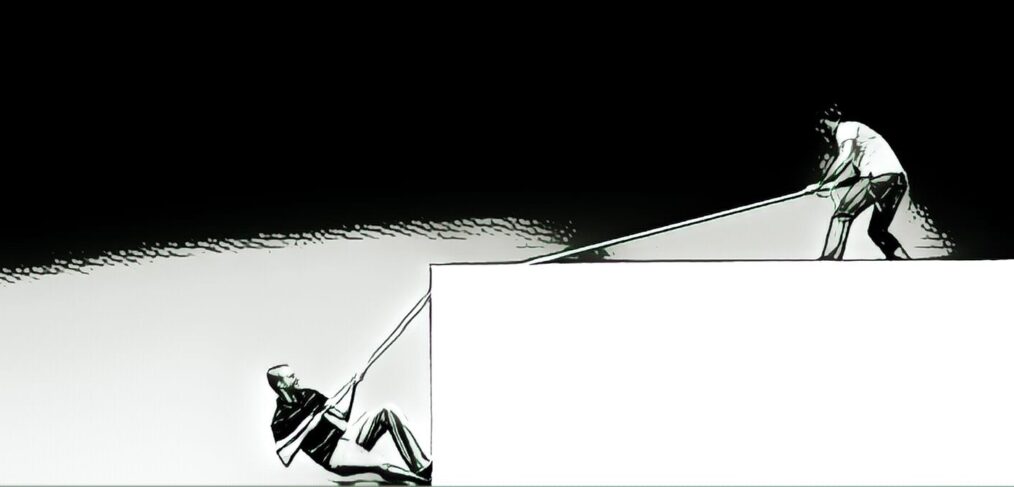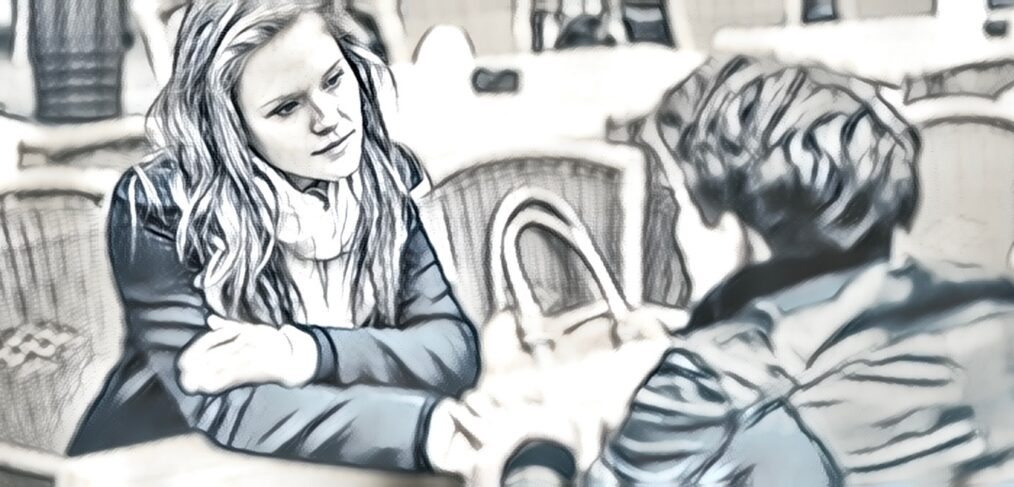My son is twenty-one, and I trust him completely.
Well, almost completely. He’s tried to pull some fast ones over the years, but on the whole, they’ve been very minor. I’d almost be worried if he hadn’t. All of us go through a process in our relationships of establishing how much we trust one another and how trustworthy we are. Part of that includes exploring the boundaries and finding the balance between words and actions that we perceive as beneficial to us (e.g., a child getting away with something) and those that build trust. In terms of trust in relationship with others, there are several ways to think about it. One is the component of trust in the parts of our lives that come with significant responsibilities, such as taking care of our children, as well as other aspects of our relationships and our professional duties. Another is our trust in others based on the strength of the relationship. This kind of trust depends on our experience with other people as well as how trustworthy we are. We can also think about trust as an attachment to a certain outcome—we trust something is going to happen. While this isn’t necessarily bad, we should guard against becoming too attached to a particular behavior or condition and stay open-minded as to what we might encounter on our path.





